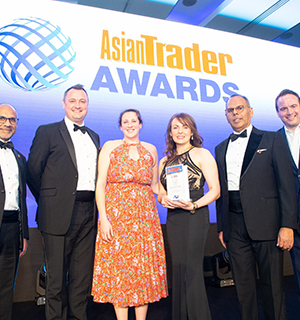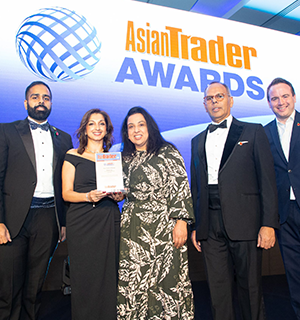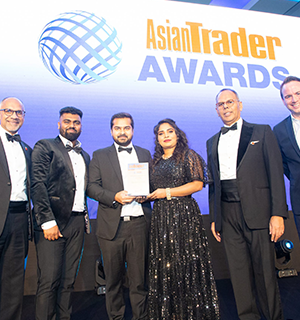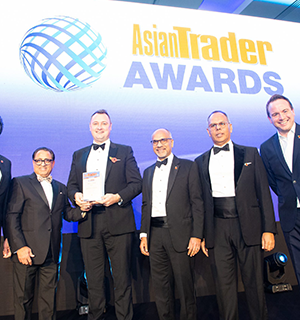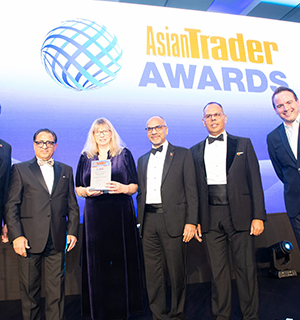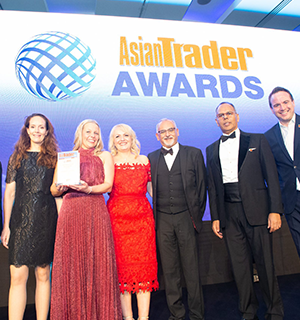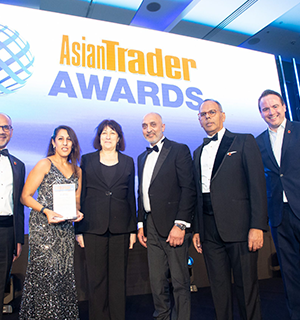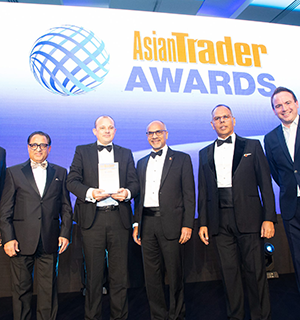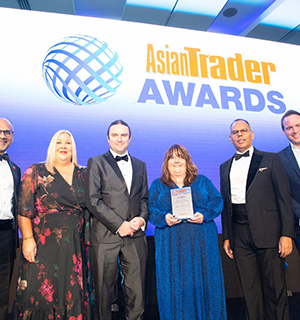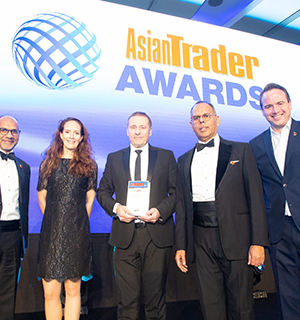
Leading Chinese sauce company, Lee Kum Kee, has received the prestigious LEED (Leadership in Energy and Environmental Design) Platinum certification in recognition for its sustainability.
It is the first business in the global fermented food industry to have received this globally recognised certification.
Lee Kum Kee’s green soy sauce fermentation project received the LEED-NC V4.0 Platinum certification, the highest level in the rating system.
LEED certification is the most widely used green building rating system in the world and a globally recognised symbol of sustainability achievement and leadership.
Lee Kum Kee’s Xinhui Production Base has a comprehensive energy efficiency and environmental protection strategy and is equipped with a solar photovoltaic power generation and geothermal heat pump system, which earned full marks from LEED.
The solar photovoltaic power generation system is installed on the rooftop of the soy sauce plant, where sunlight is directly converted into electricity by the semiconductor interface.
The geothermal heat pump system provides both hot and cold water for soy sauce fermentation via the heat exchangers and condensers, utilising the energy produced underground, thus reducing greenhouse gas emissions.
The wetland park, with an area of 16,000 square metres will be capable of treating 4,000 cubic metres of wastewater per day through natural ecosystems after completion.
Analysis through quantitative simulation shows that the project saves 55% more water and 50% more energy than general projects, and renewable energy constitutes 6% of its total energy consumption.
Lee Kum Kee encourages its staff to adopt the “3Rs strategy” (Reduce, Reuse and Recycle) to reduce waste through measures such as encouraging the use of recyclable paper and cutting down paper use.
The company plans to continue minimalising the use of natural resources, and further increase the use of low-carbon energy in an effort to protect the environment and achieve sustainable development.






 To use this website you must be aged 18 years or over. Please verify your age before entering the site.
To use this website you must be aged 18 years or over. Please verify your age before entering the site.
